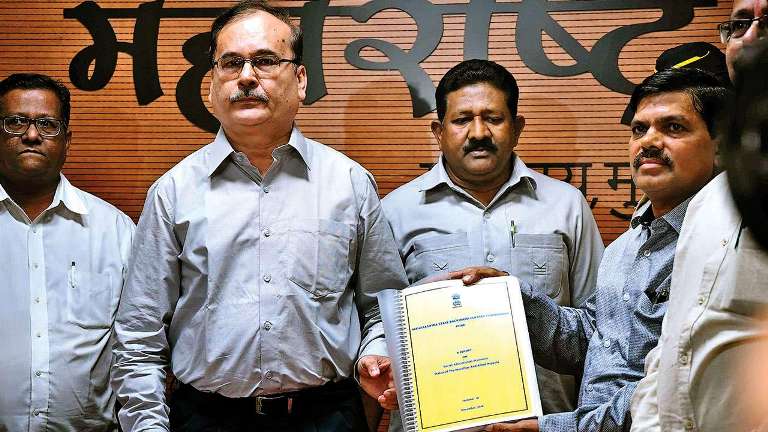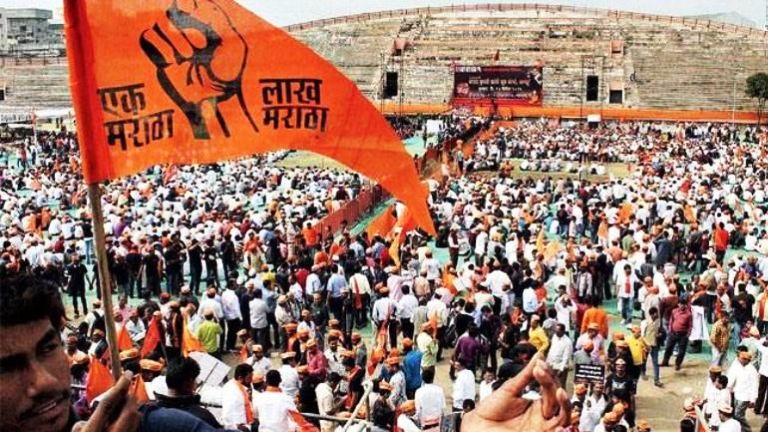Devendra Fadnavis, chief minister of Maharashtra, has declared that Marathas will get reservation in public employment and educational institutions from 1 December 2018. This is not the first time such an announcement has been made, though. In 2014, the previous government of the Congress and the Nationalist Congress Party had also announced 16 per cent reservation for Marathas, in addition to 5 per cent reservation for Muslims. The Bombay High Court stayed the granting of reservation for Marathas. In fact, shortly after coming to power, Fadnavis had said that he would pursue the case in the Supreme Court but then the matter went into cold storage.

Now, the Maharashtra Backward Classes Commission has recommended in a recently submitted report that Marathas may be given reservation under the OBC category without disturbing the OBC quota already in existence. In that case, the total reservation quota will overshoot the 50 per cent cap stipulated by the Supreme Court. In all likelihood, the High Court will rule against this decision. Even Tamil Nadu’s 69 per cent reservation – which is the first instance of reservation quota at odds with the Supreme Court verdict – has been challenged and the case is pending in the Supreme Court.

Interestingly, Marathas were against reservation during Mandal movement. They didn’t want to be considered backward. On the other hand, the Kunbis of the Maratha-Kunbi bloc got reservations under the OBC quota. But then there has been a rethink among the Marathas over the past few years. Many Marathas are now citing kinship with the Kunbis and demanding reservation. The protesting Maratha youth appeared to have convinced the leaders of the community of the need for reservations.
Like the Kunbis, the Marathas are a farming caste, which includes small farmers and labourers. The State Backward Class Commission found that 62.78 per cent of the Marathas are small or marginal farmers.
Mahatma Jotirao Phule had written that Marathas are not a caste – that they are actually Kunbis. But, from the beginning of the 20th century, the Kunbis of Western Maharashtra began to call themselves Marathas.
Irawati Karve, a social scientist had written in Maharashtra – Land and its People (Maharashtra State Government Gazetteer, 1968) that Kunbis and Marathas together form 50 percent of Maharashtra’s population: Kunbis are 35 per cent and Marathas 15 per cent.

Dhangars demand ST status
Dhangar (shepherd) caste, presently OBCs, which is demanding Scheduled Tribe (ST) status. Before coming to power in the 2014 election, the BJP had promised the Dhangars ST status. This promise is yet to materialize. Muslims too have been demanding reservation. When the previous Congress-NCP government granted 5 per cent reservation to the community, the High Court had even approved its implementation in education. But the present government hasn’t implemented it yet.
Copy-editing: Anil





